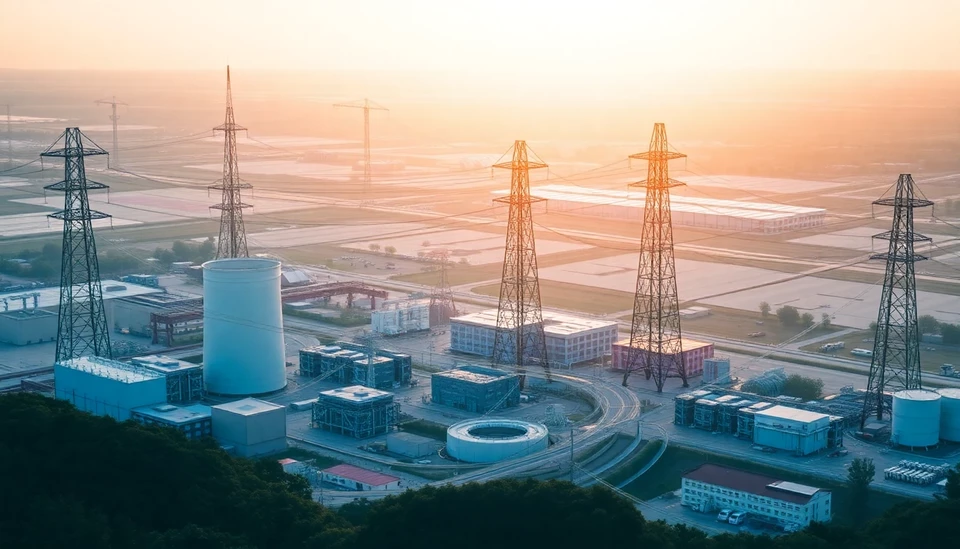
The International Energy Agency (IEA) has issued a stark warning about the environmental impact of the rapid expansion of artificial intelligence (AI) data centers. With the growing reliance on AI technology, there is an expected increase in energy consumption, specifically from fossil fuels such as coal and natural gas.
In a recent report, the IEA emphasized that AI-driven data centers will significantly contribute to global electricity demand over the next several years. This surge is projected to lead to a 30% increase in energy requirements by 2030, a phenomenon that experts suggest will largely stem from the computational demands of advanced AI applications.
The report draws attention to the fact that many countries, particularly those still reliant on fossil fuel power generation, may resort to reopening or expanding coal and gas plants to meet the escalating energy needs linked to AI technologies. This scenario raises concerns about the climate implications, as greater electricity consumption from fossil fuels negates the progress made in renewable energy adoption and emissions reduction.
Countries that have not transitioned to greener energy sources could see a significant rise in greenhouse gas emissions, which may counteract global commitments to combat climate change. The IEA’s analysis serves as a critical reminder that while AI promises to revolutionize industries and enhance efficiencies, it also brings with it an environmental burden that must be addressed.
Specifically, the report highlights a two-fold challenge: ensuring sufficient energy supply to fuel these innovative technologies while also striving for sustainability in energy production. The agency advises governments and industry leaders to proactively invest in and prioritize renewable energy sources to mitigate the potential environmental pitfalls associated with the data-intensive AI sector.
In summary, the IEA's findings signal a pressing need for a balanced approach that considers both technological advancements in AI and the corresponding energy demands they impose. Policymakers must navigate this complex landscape to foster an ecosystem where innovation does not come at the expense of environmental health.
As the world increasingly leans into AI, it is imperative that the energy sector evolves concurrently to protect our climate and embrace sustainable practices.
#AIDataCenterGrowth #CoalGas #Emissions #ClimateChange #RenewableEnergy
Author: Megan Clarke




